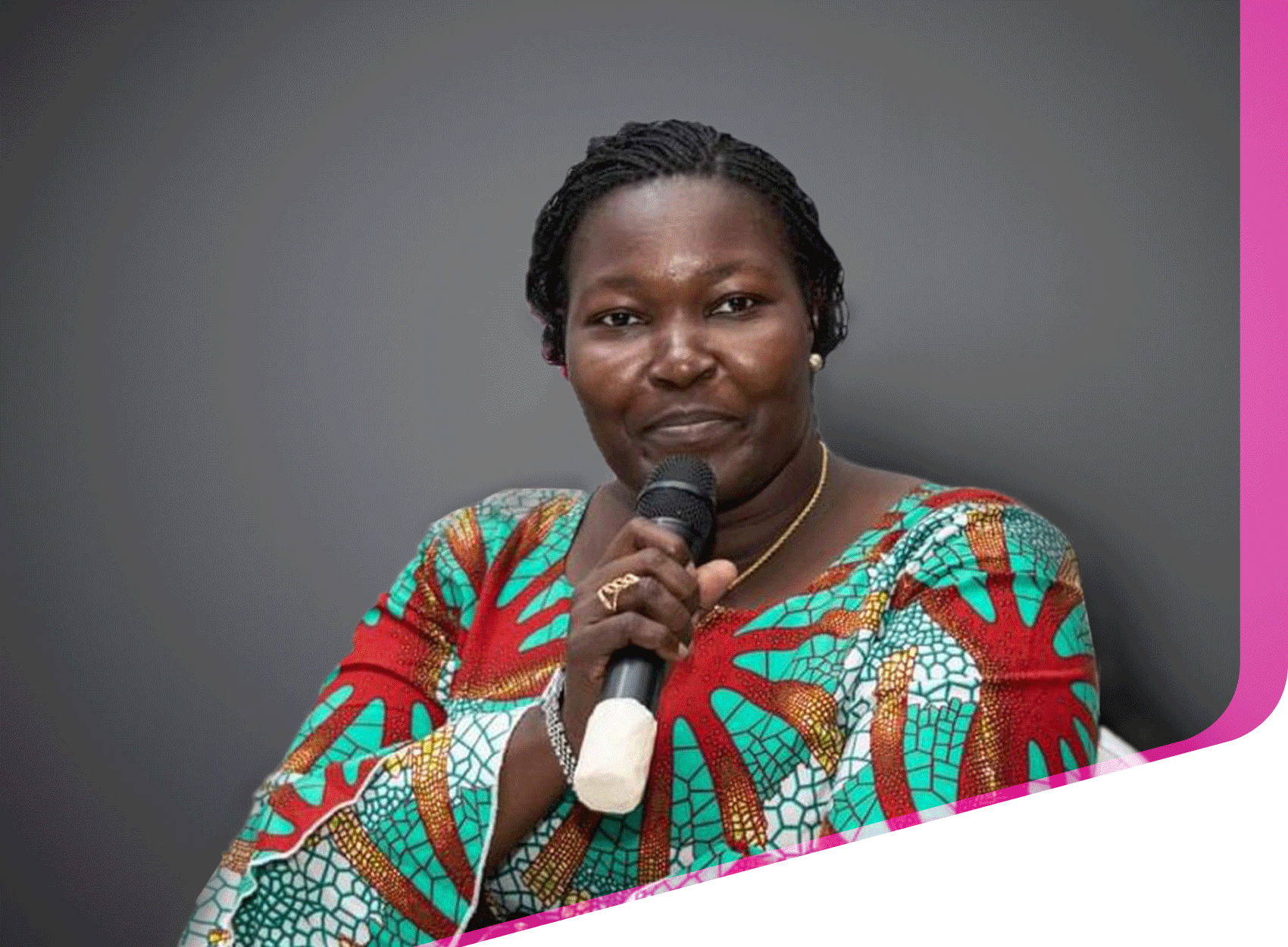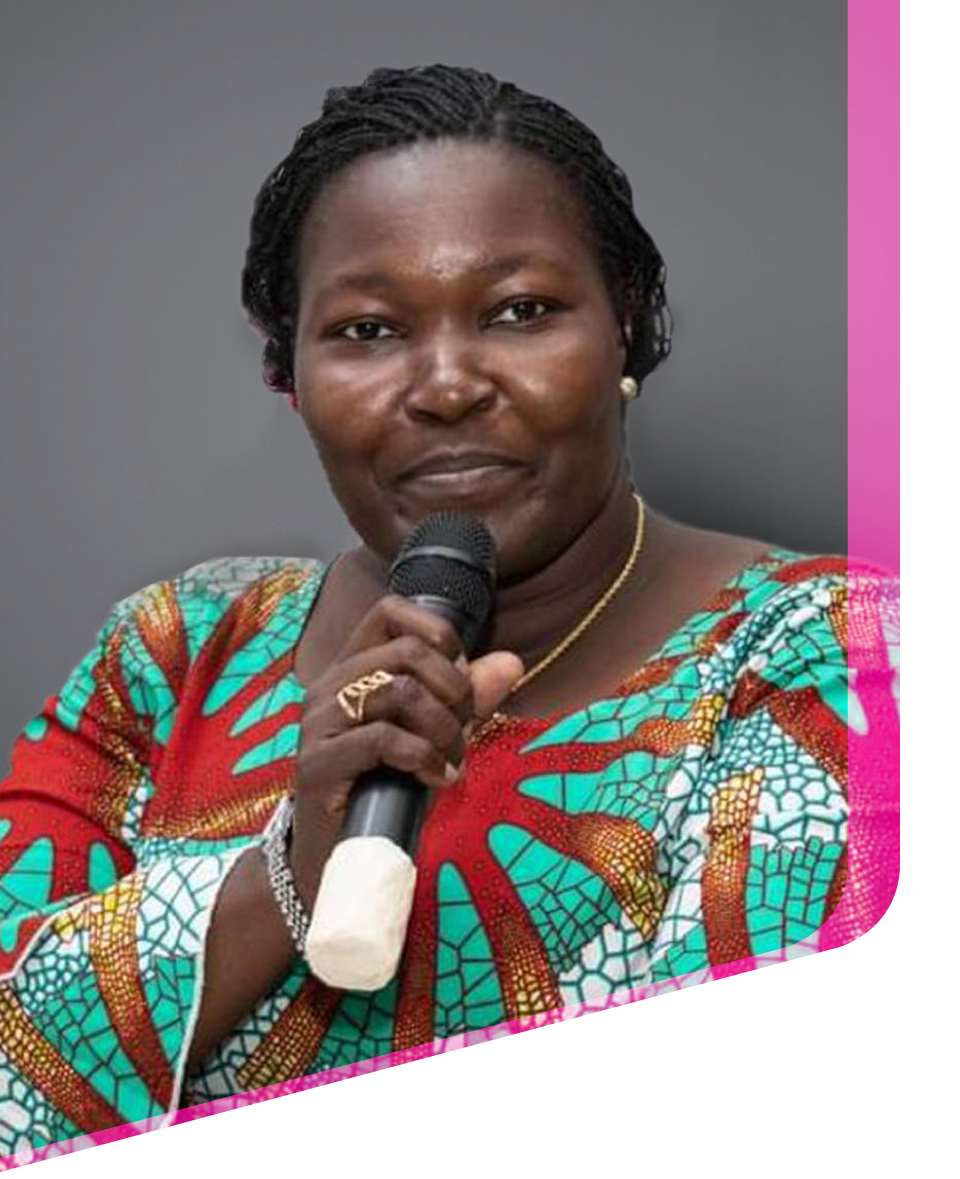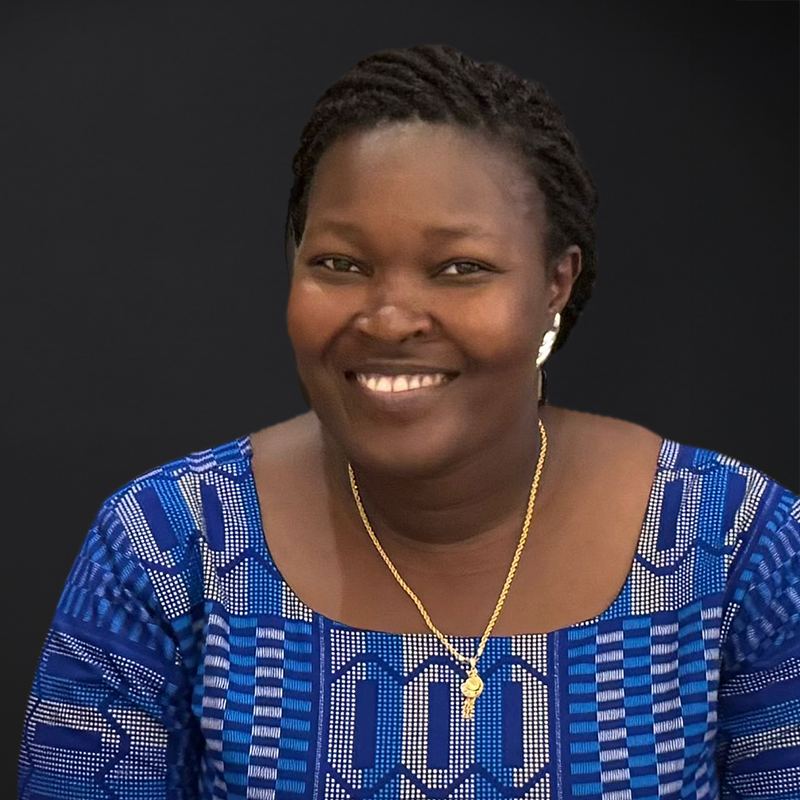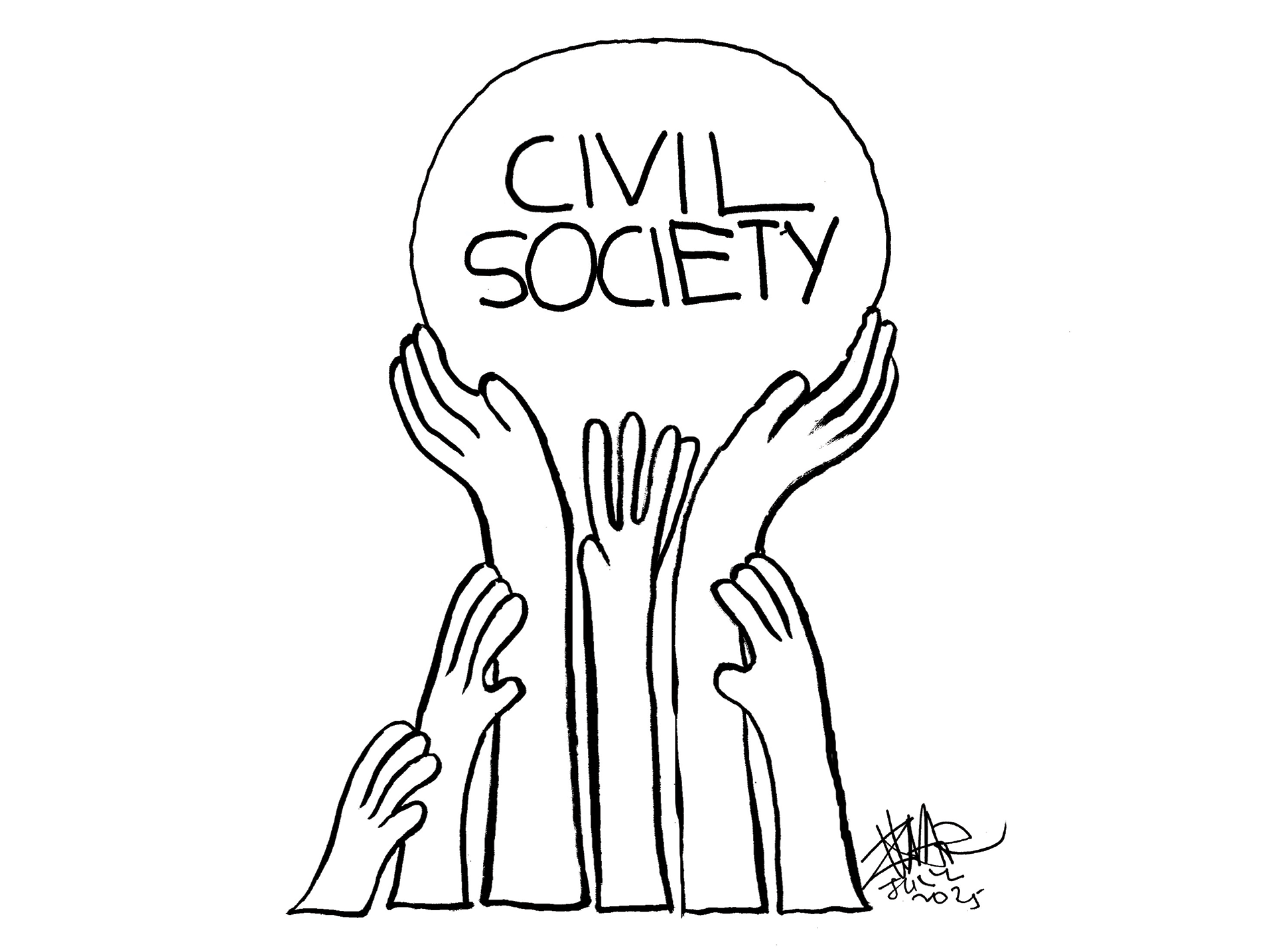
South Sudan
South Sudan
South Sudan
Merekaje Lorna Nanjia
Merekaje Lorna Nanjia
Merekaje Lorna Nanjia
Secretary General for South Sudan Democratic Engagement, Monitoring and Observation Programme (SSuDEMOP)
Secretary General for South Sudan Democratic Engagement, Monitoring and Observation Programme (SSuDEMOP)
Secretary General for South Sudan Democratic Engagement, Monitoring and Observation Programme (SSuDEMOP)

South Sudan
Merekaje Lorna Nanjia
Secretary General for South Sudan Democratic Engagement, Monitoring and Observation Programme (SSuDEMOP)
“I feel obliged to do my part and contribute to preparing a better country for the coming generation of South Sudanese.”

VITA
Merekaje Lorna Nanjia is the Secretary General for South Sudan Democratic Engagement, Monitoring and Observation Programme (SSuDEMOP), a civil society organization founded in 2009. SSuDEMOP made significant contributions to the monitoring and observation of the 2010 Sudan General Election and the 2011 Southern Sudan Referendum for Self Determination. She made a significant contribution to advancing civic participation in national processes, including the Multi-stakeholder IGAD-led South Sudan peace negotiations in Addis Ababa (2014-2015). Until June 2023, Merekaje served as the women’s representative at the National Constitution Amendment Committee. She currently represents Civil Society in the Oversight Committee for the Public Finance Management Reform process in South Sudan. Merekaje is an alumna of the United States State Department-sponsored International Visitors’ Leadership Program, and the Program for African Leadership, hosted at the London School of Economics (LSE). In 2020 she received the prestigious Franco-German Award for Human Rights Defenders.
With the current status quo, what new or revised interventions is SSuDEMOP involved in to advocate for peace and mitigate the ongoing conflict?
Currently, SSuDEMOP is focusing on building a five-step approach to advocacy called “Rethinking Advocacy Strategy for Better Results in Extraordinary Times.” The central pillar is “Issue Instrumentalization.” This involves building strategic partnerships and a more hands-on engagement with state actors to bring facts to decision-making boardrooms.
What challenges do civil society actors, such as SSuDEMOP, face when operating in South Sudan?
There are many challenges that require courage and skills to navigate. Otherwise, one can easily succumb to repression, or an organization may easily shut down. With the current political turmoil, tensions, and instability in the country, most activists, human rights defenders, and civil society organizations find it difficult to continue their work due to fear of misunderstanding and reprisal by the state. In other parts of the country, civic actors have been arbitrarily detained only to be later released without charges. The operating environment has become more difficult due to the current wave of political detentions, which has led to increased self-censorship among human rights defenders, civic and political actors, to avoid misunderstanding by the state. The current context in the country has also threatened freedom of expression. The public has generally chosen to censor itself, hence depleting the critical mass and stifling the voice. This poses a huge challenge to human rights defenders, civic actors, and civil society organizations. When the people whose rights we defend cannot claim these rights, then our work becomes even more challenging and frustrating.

Are there any legal and institutional protections in place for the protection of civil society actors and human rights defenders in South Sudan?
Currently, defense and protection for all depend on the country’s weak existing legal framework. It’s quite difficult to pinpoint particular legal or institutional protection available for civil society and human rights defenders, other than peer support systems and comradeship among the civic actors and human rights defenders through our networks.
Ethnic divisions are a key driver of the conflict and have been increasingly weaponized. How is this affecting national resilience and efforts toward building a united and peaceful South Sudan?
This is, by all standards, one of the most unfortunate phenomena to occur in South Sudan, especially since gaining independence. Ethnic divisions have contributed to undermining the founding spirit that enabled South Sudanese to overwhelmingly vote for independence in the 2011 self-determination referendum. Since then, the country has experienced several waves of violence at the national and subnational levels. Unfortunately, all of these have had an ethnic dimension. In recent days, government ministers have publicly labeled countries occupied by one ethnic community as hostile and friendly. This has further exacerbated the ethnic division in the country, leaving other ethnic communities to question who is next with this trend of profiling. In South Sudan, ethnic divisions have led to situations in which members of the ethnic community to which the region's highest-ranking official belongs feel entitled to hold positions in institutions, even if they are less qualified. In return, this has significantly affected the quality of public service and performance of public institutions in the country.
What motivates you to continue your civic work and gives you hope for the future of South Sudan, and what kind of impact has your work had on the improvement of the situation in South Sudan?
Having witnessed my parents' struggle for liberation, learning of the oppression South Sudanese underwent while the country was united, I am aware of how difficult it was to achieve consensus and include the right to self-determination in the Comprehensive Peace Agreement (CPA-2005). I also recognize the sacrifices that the people of South Sudan made for independence. I feel obliged to do my part and contribute to preparing a better country for the next generation of South Sudanese. I think that all South Sudanese should focus on state and nation-building efforts rather than depriving the wider public and focusing on personal interest and self-enrichment by using public resources and offices.
South Sudan
